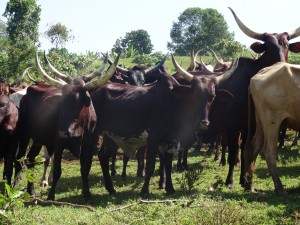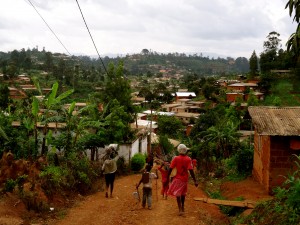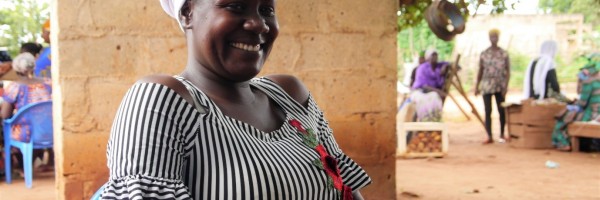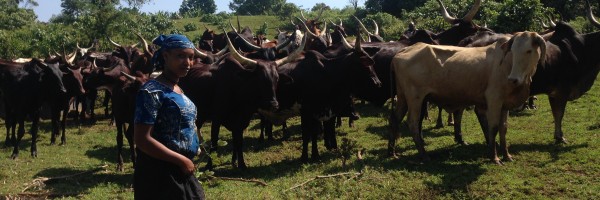Sadly the socio-political crisis and looming civil war currently on-going in Cameroon hasn’t hit the mainstream headlines in the UK and the general public remain uninformed about the hardships of daily life in the country’s Anglophone regions. The reasons for this are varied, and perhaps one of the reasons is because Cameroon’s colonial history can be considered to be one of the contributing factors to the crisis…
Cameroon was a former German colony that was split between the French and English after the First World War. The regions now known as North West and South West (previously called Southern Cameroons) along with Northern Cameroons (now part of Nigeria) formed part of British colonial territory whilst the rest of the country was governed by France. At the time when much of western and central Africa prepared for independence, citizens of Northern and Southern Cameroons voted in a referendum which resulted in Northern Cameroons uniting with Nigeria, and Southern Cameroons uniting with Cameroon. Under British rule, Southern Cameroon had autonomous status which they lost after unification with the Republic of Cameroon which created much discontent. In addition, authorities in the region had requested a third option of complete independence as a separate state to be included in the referendum, with some critics arguing that this option was not adequately considered by Britain at the time.
Added to historical feelings of discontent, Anglophones claim that they are marginalised and forgotten in Cameroonian culture, that they lack political representation and are disproportionality prevented from benefitting from public services. It is easy to imagine the frustration of living in a country where the majority of citizens do not speak your language (80% of the population speak French) and many of the educational, governmental and judicial systems differ from those in your region; this makes it difficult for anglophones to seek opportunities outside of the anglophone region.
Tensions eventually escalated in October 2016 after lawyers, teachers and students took to the streets to protest against the government’s continued imposition of French language and systems in anglophone life. In an effort to quash the protests, the military reacted heavy-handedly and a number of people were shot. The Ambazonia Defence Council stated that this constituted an act of war and formally declared their intention to claim independence as the Federation of Ambazonia.
Photographs from our past programmes in Cameroon.
Sali Django, Programme Coordinator at MBOSCUDA, one of the implementing partners says “The negative socio-economic impact of the crisis on the population is enormous with the loss of life, property and a good number of the population has been forced to relocate out of their homes and villages. The insecurity situation is very high”. On a day to day basis life is really tough. People are scared to go out in case they get caught in a cross fire, or return to find their house burned down. Children can’t go to school and teachers can’t go to work after separatists declared a region-wide boycott on schools, which they claim are the ultimate representation of the erasure of Anglophone language and culture. There have been a number of reports in the news about this, most recently when 70 students were seized from a boarding school in Bamenda. No circulation is permitted between 6pm and 6am which makes working life difficult, and Monday is a Ghost Town day, when all businesses, public spaces and transport shut down and entry in and out of major towns is prohibited; anyone caught breaking these curfews is shot by the military. Hospitals have been burned down, some claiming that the military want to prevent the recovery of any rebels injured in shoot outs. The government imposed a three month internet outage back in January that was designed to disrupt communication between rebels and their leaders, thought to be commanding from Europe and disrupt communication between protestors, who were mobilized to attend the protests in 2016 through social media. What’s worse is that no one can be sure who the violence is perpetrated by, and often bandits with scores to settle take advantage of the situation knowing that the lack of law and order in the area means they will get away with it.
We’ll be posting a second installment of this post in the New Year, updating you on the current situation and our response to the crisis, so make sure to watch this space. If you would like to donate to the work we’re doing in Cameroon, please follow this link.
Written by Programme Officer, Carmel Moran and Sali Django, MBOSCUDA Programme Director .





